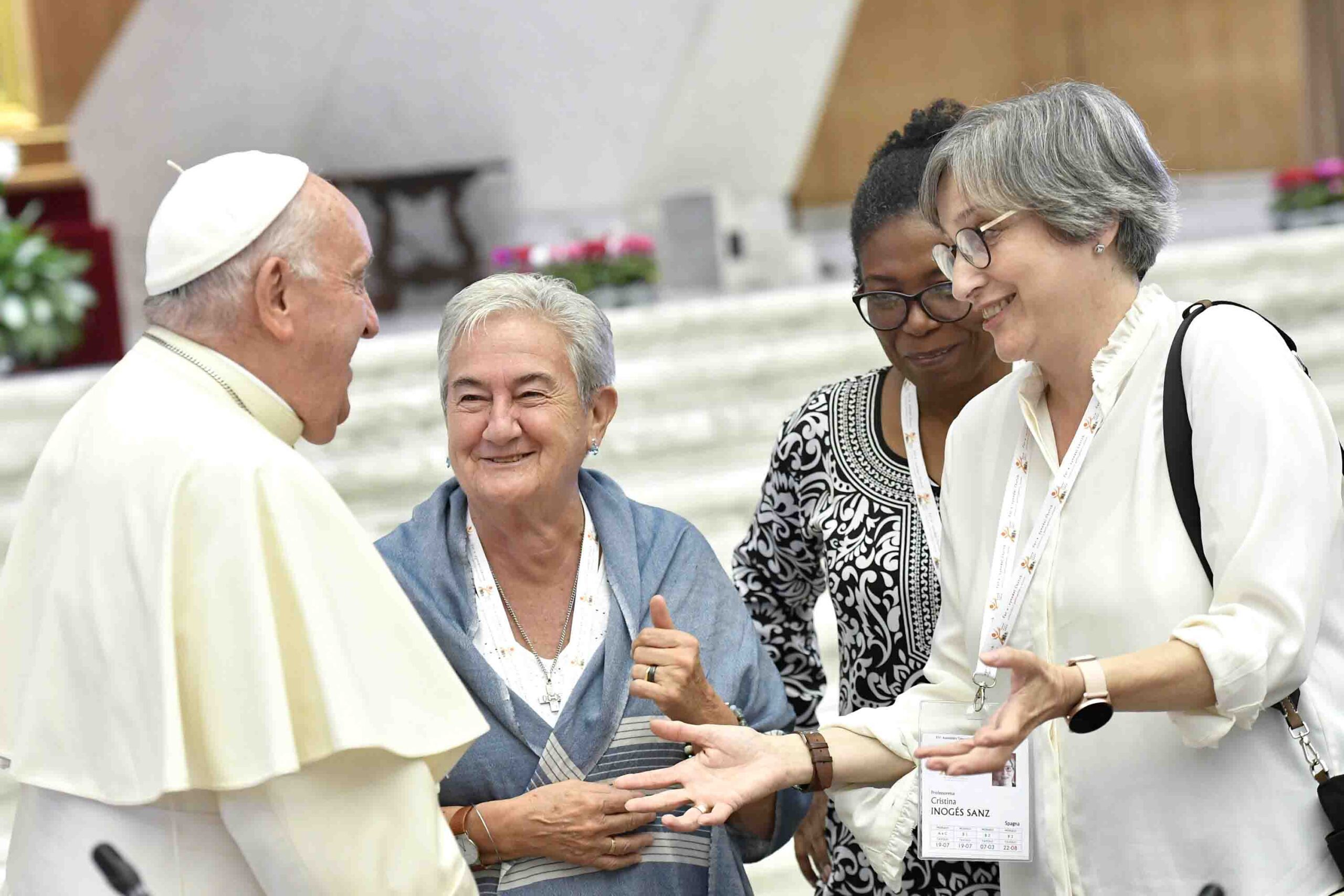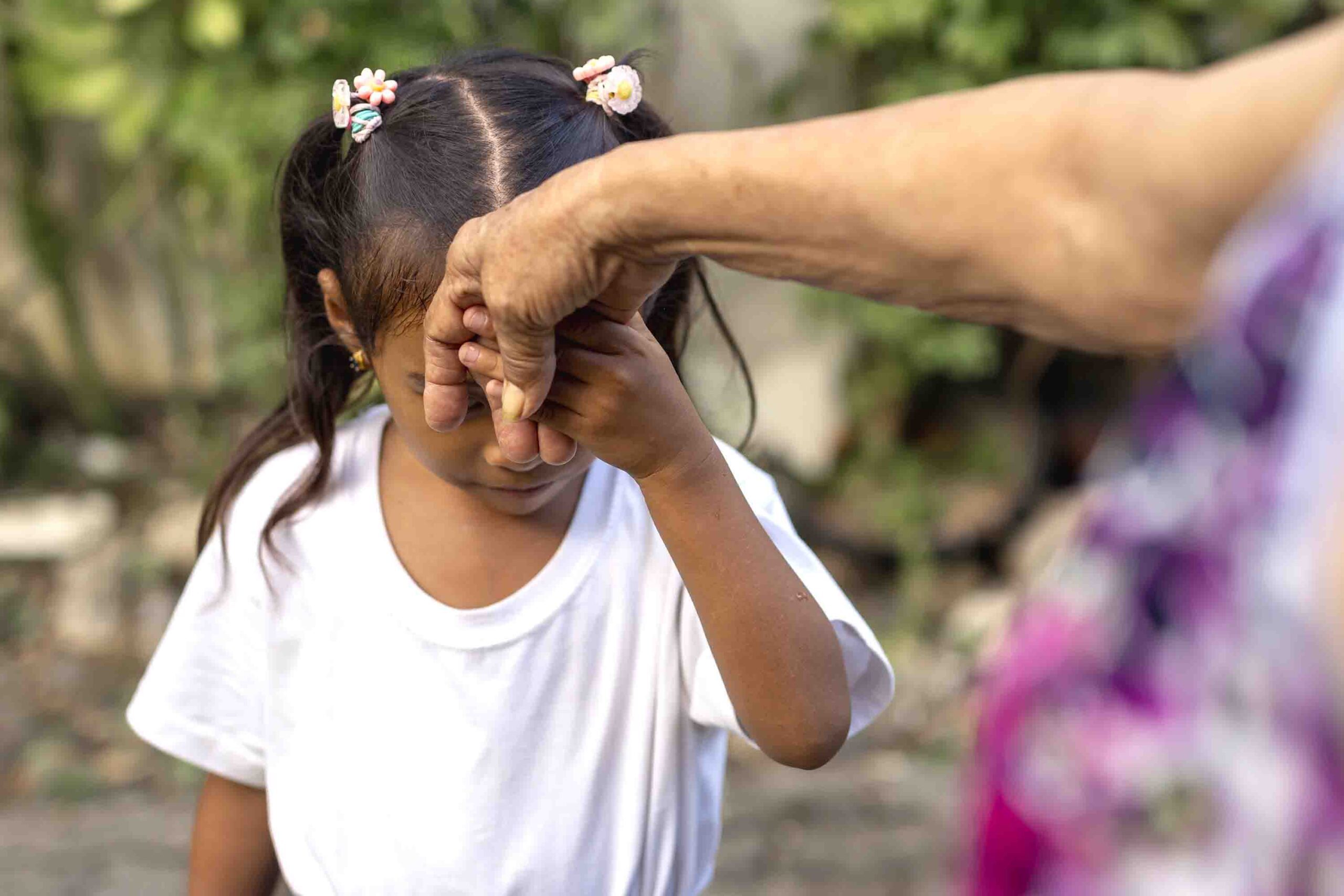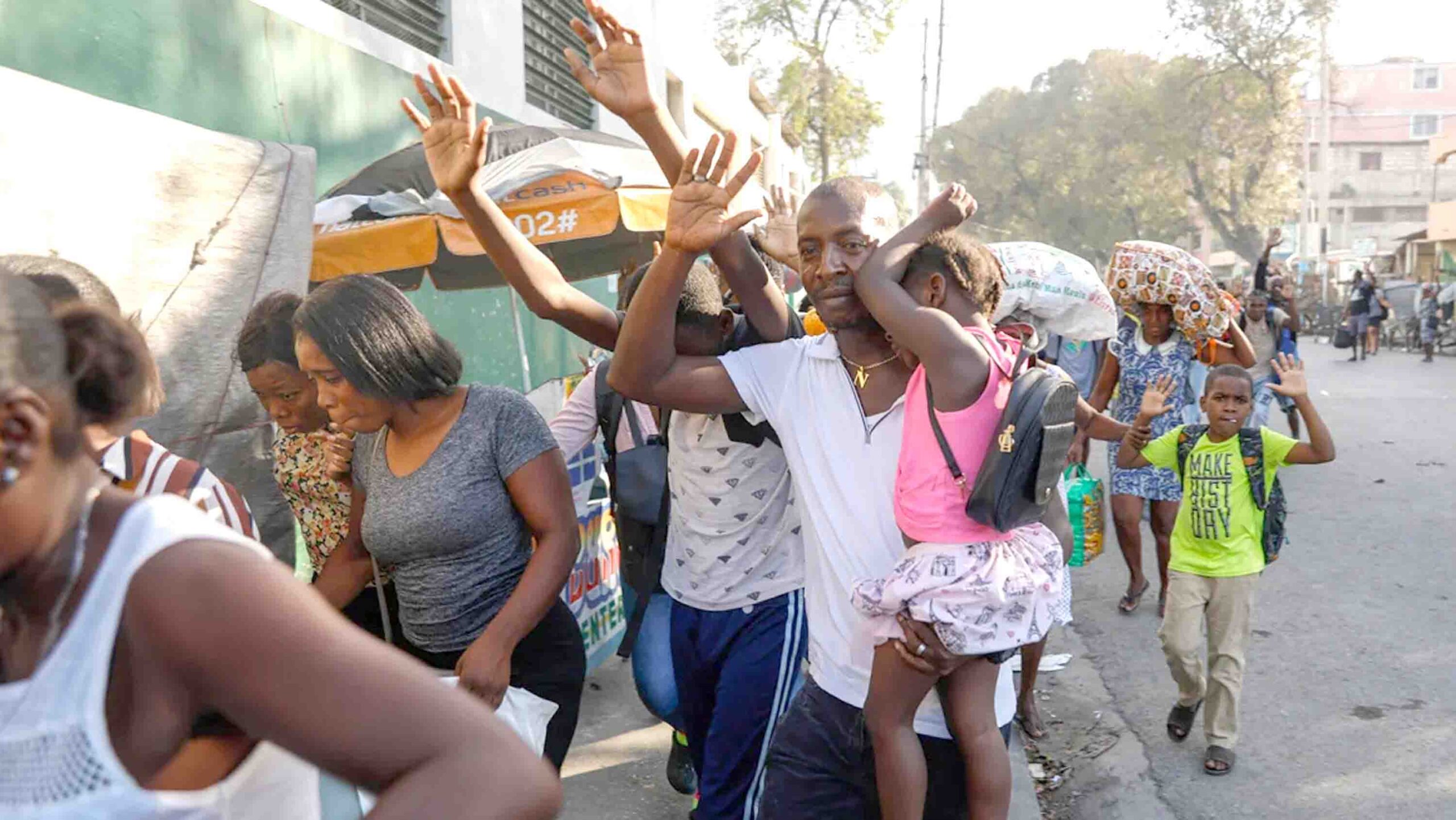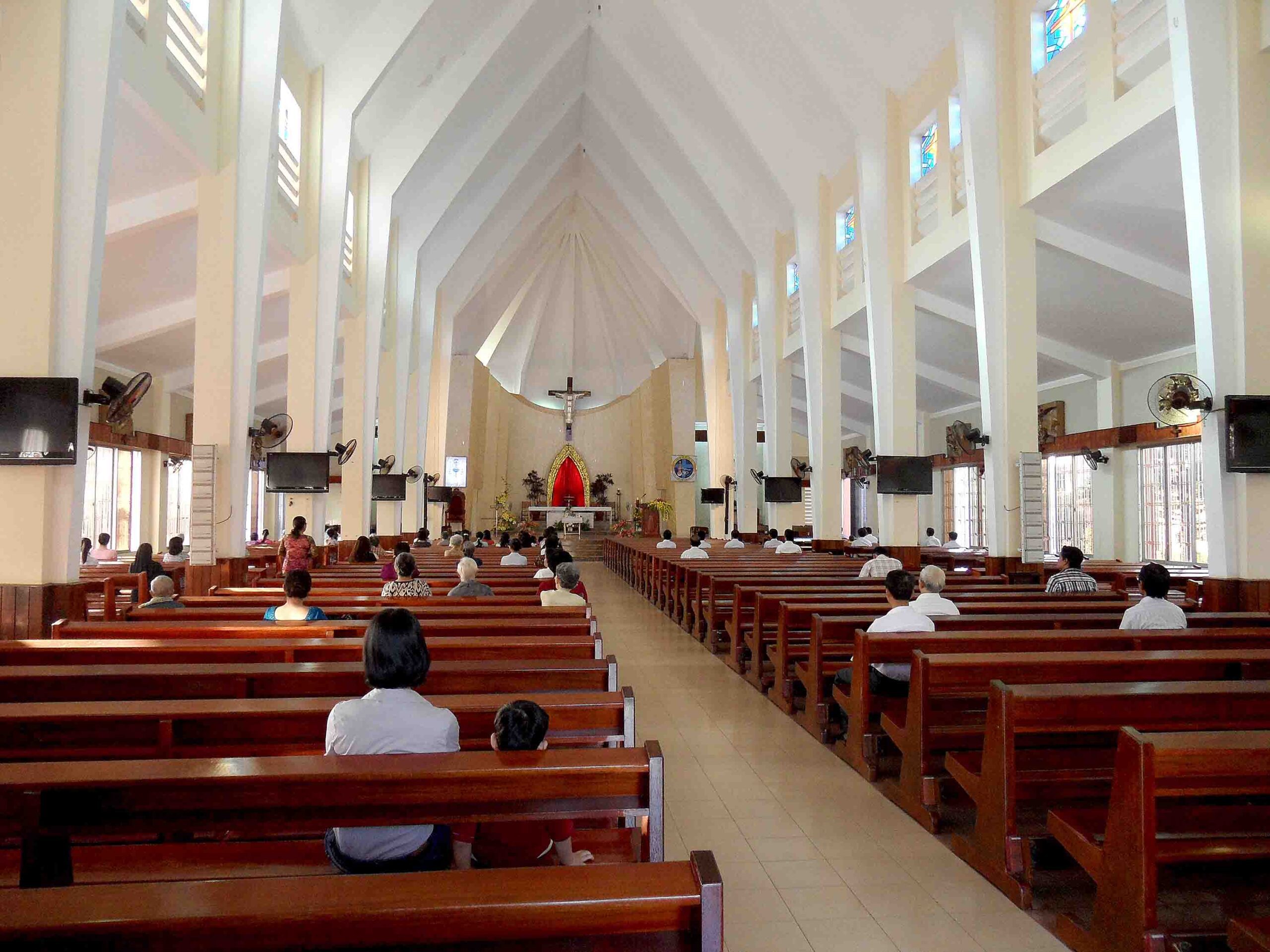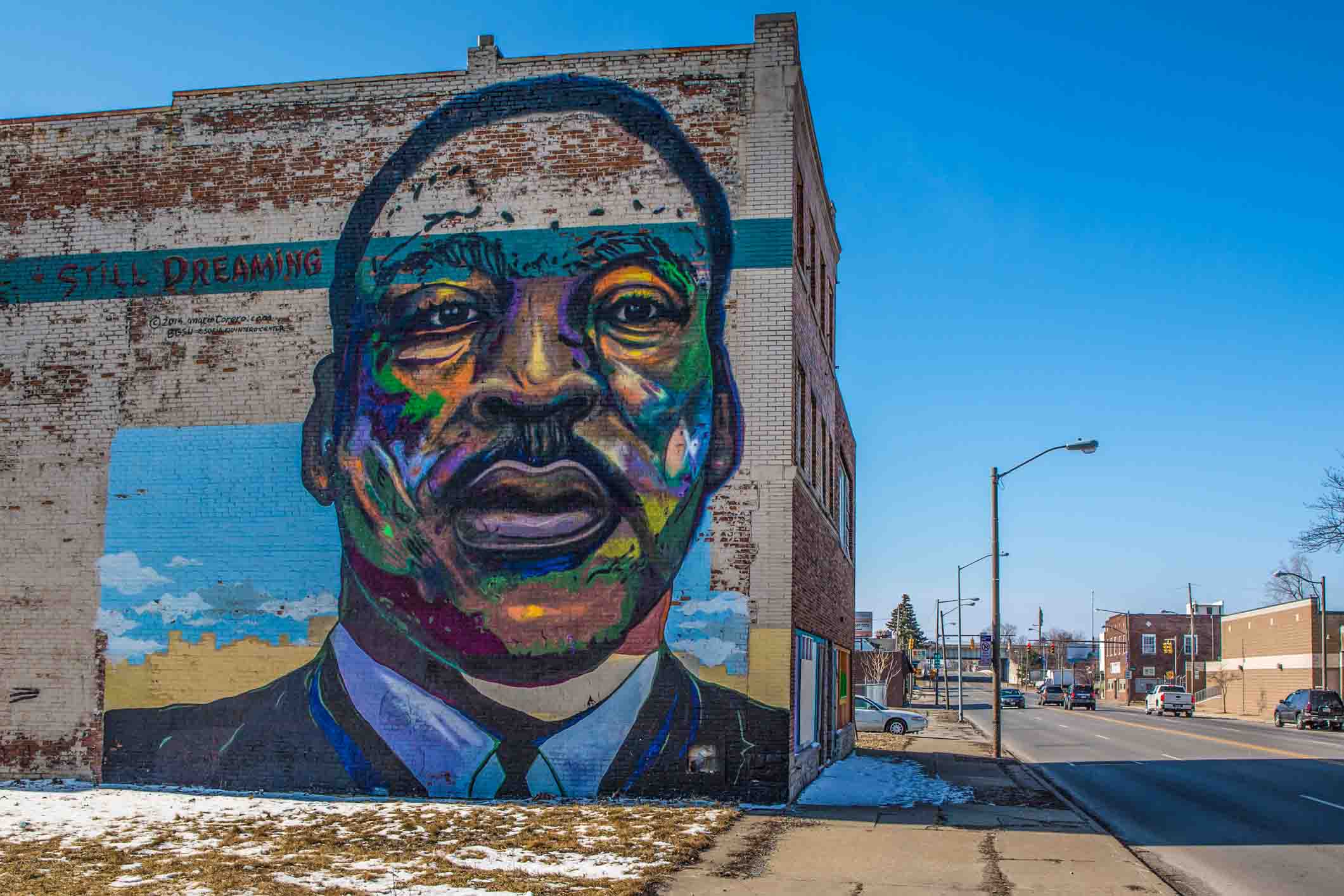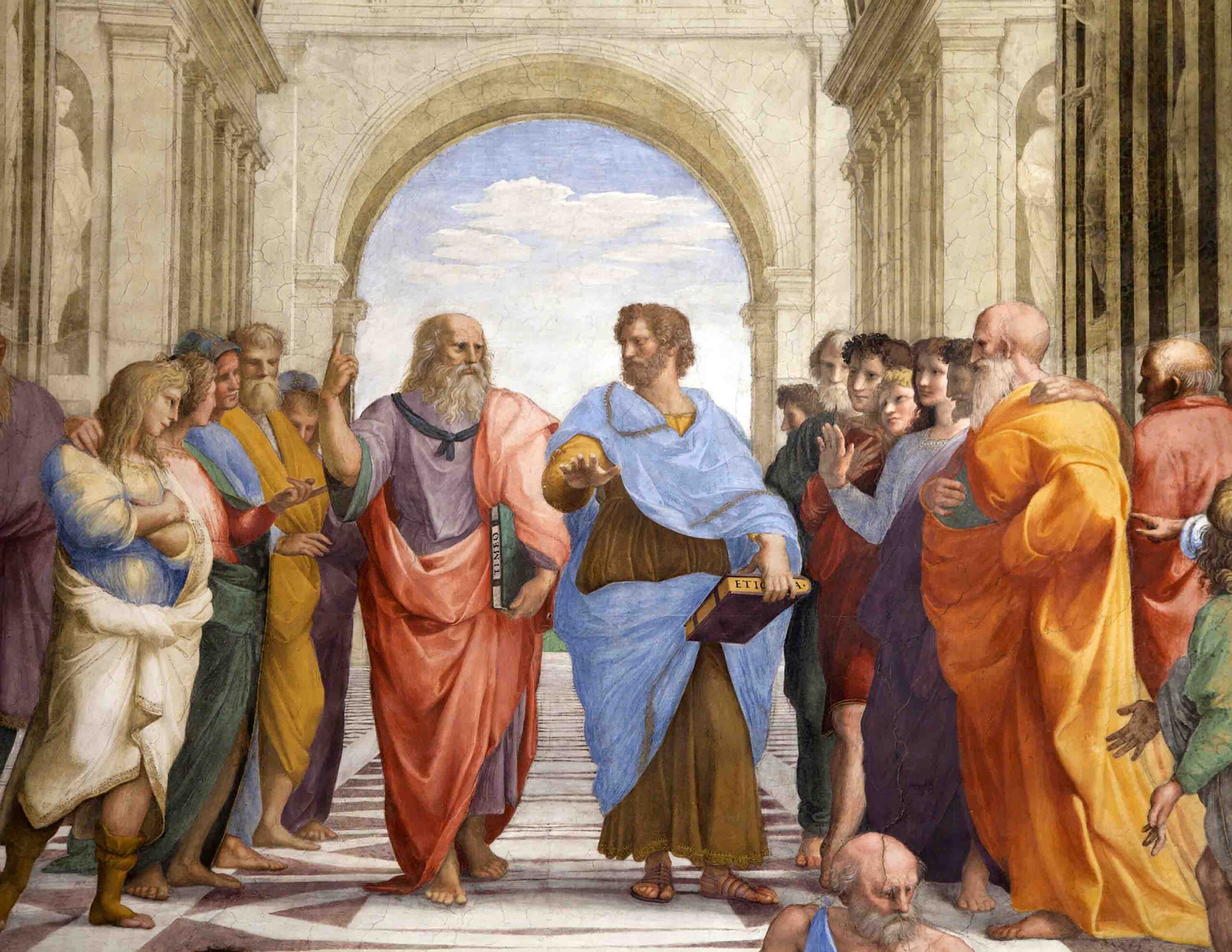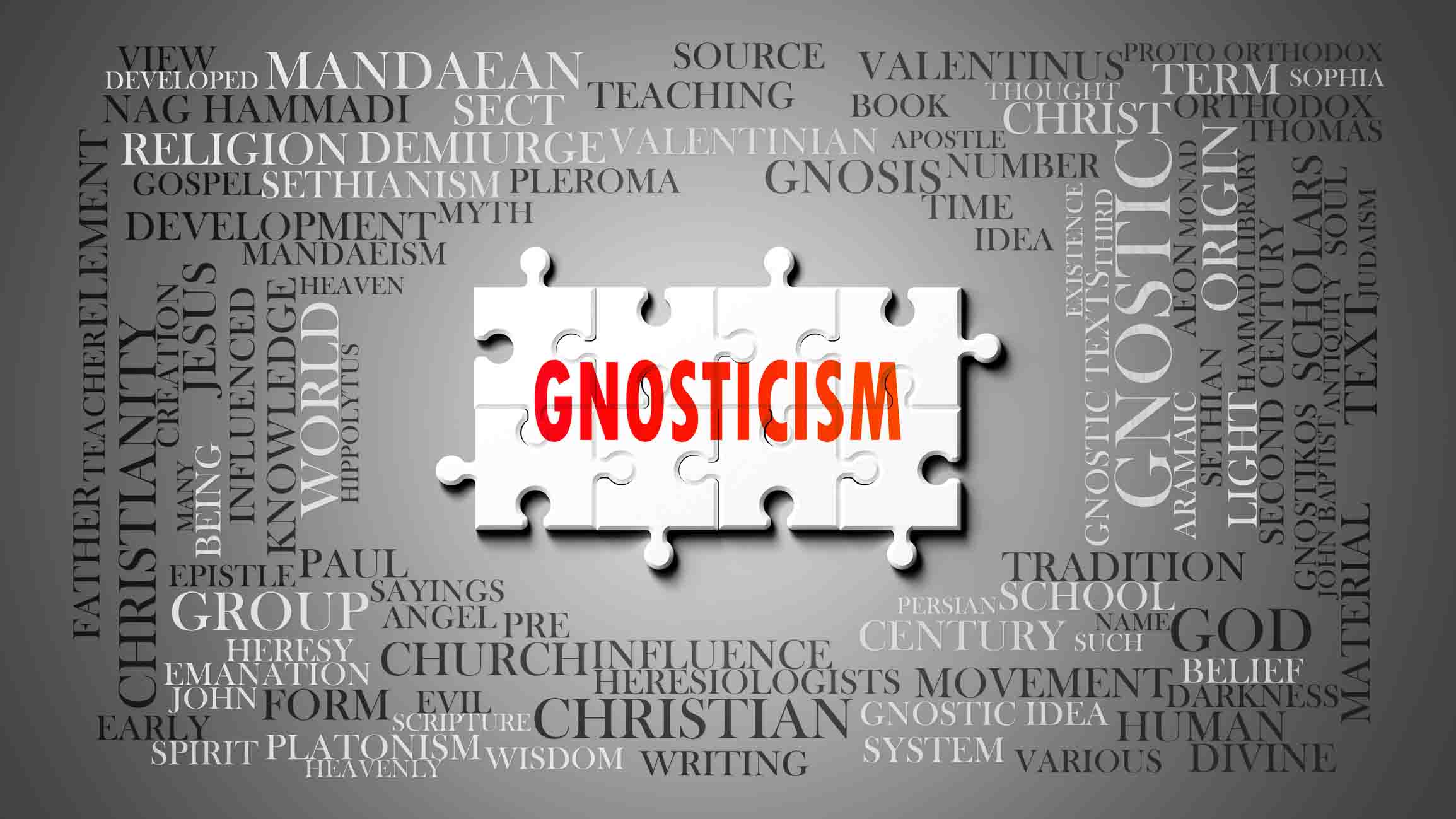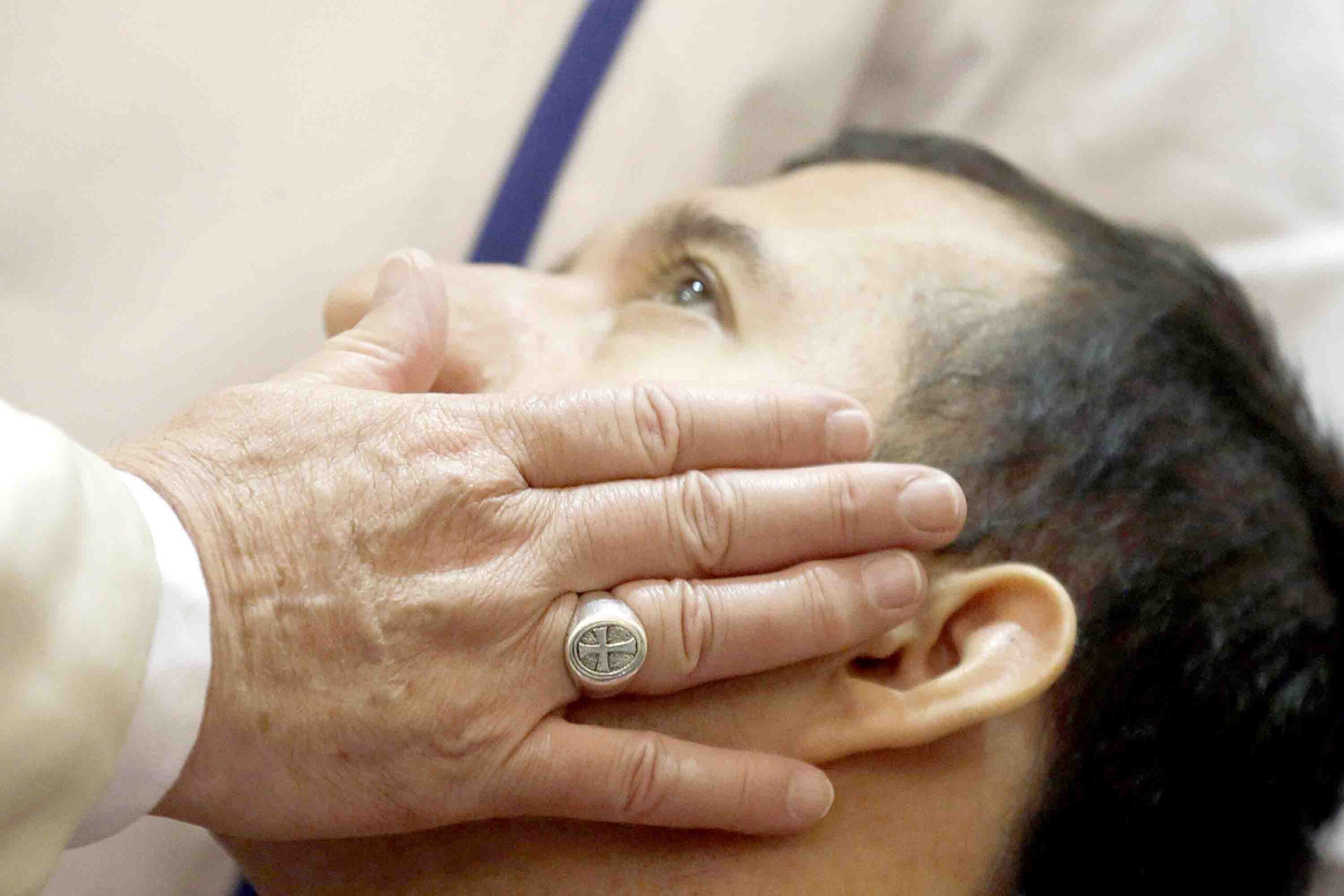A new face of Asia is fast emerging. Rural and agricultural communities, generally living in isolated villages, and eking out an existence from seasonal labor, have moved into investment and the global economy in a matter of a few decades. The word that Pope Francis uses in Laudato Si, “rapidification” (LS n. 18), expresses most accurately the processes taking place on the Asian continent today. People are taking time to adjust to the pace of change.
Mass migration to urban centres has led to chaotic and degrading conditions in cities and impersonal relationships among people. Social disturbance is on the increase. Meanwhile, the rural population is left impoverished and helpless with fragmentation of land, declining fertility of soil, falling levels of water, and exploitation by opportunistic leaders and corporate interests.
IDEALS COLLAPSE, VALUES DISAPPEAR
Growing tensions give evidence that people’s traditional ideals and values of peaceful co-existence are fast weakening. When living in mixed societies at workplaces, people do not always find common codes of behavior, styles of relationships, and sources of inspiration they can be guided by. Messages in the media tend to undermine the moral fiber in society; divisive forces weaken social bonds, the sense of common belonging, and commitment to shared values and ideals.
What has emerged in consequence is a situation of corruption, unabashed egotism and partisan attitudes, inter-community tensions, and closed-minded sectarian thinking taken even to the point of violence. Accountability is fast fading, and a sense of responsibility for common welfare is diminishing. In the meantime, the increased availability of consumer goods keeps the middle class happy and content. It is no use blaming the leaders alone; blame the society that throws up the leaders.
Some of the sophisticated sections in society are influenced by new ways of understanding religion that are proposed by various schools of thought, e.g., Religion as alienation, an instinct provided by nature for softening painful realities, opium of the oppressed people, plain escapism, illusion, a search for solace and inwardness. Growing alarmed about these forms of godlessness and uncertainty, some religious believers have turned to one or another form of fundamentalism, ultra-conservative in outlook, and radically aggressive against others.
WE NEED BRIDGE-BUILDERS
We need bridge-builders today who, in spite of many difficulties with fundamentalists and radicals, protesters and promoters of hatred, search for a shared view of things, common ethical values, and a joint approach to global problems. We need people who look wider to an entire stretch of realities. We need to listen to persons who understand the deeper issues at work beneath the immediate anxieties, for example, the danger of wrongly handling the collective unconscious of a community. A multi-disciplinary approach will be a great help. This manner of dealing with others, even with those who differ greatly from us, should not be given up in our vitriolic self-defence.
That seems to be Pope Francis’ message as well. The usual psychology of guilt-ridden people is to act as though they do not believe in accepted codes of conduct or inherited teachings. These are mere postures adopted in self-defence. Meantime they are carrying a heavy load of suppressed guilt-consciousness in their hearts, a sense of worthlessness. They need to be understood. When they meet with genuine human affection and true tenderness, they break down. If you enter into a non-threatening conversation with them at such moments they will readily admit what is right is right, and what is wrong is wrong.
THE CHURCH IS HOME TO EVERYONE
Referring to difficulties similar to those described above, the Pope admits that also, in the early Church, there were problems as it began to grow. Ethnicities differed, and ideas diverged. Acts 6:1-7 speaks of disputes that arose between different communities. When we are in deep trouble, we need to listen to Gamaliel’s advice, “Give it time.” The truth will reveal itself gradually. Do not take to hasty condemnations. Unfortunately, “Life is not always calm and beautiful.” “It is a path of struggle, of work and of great joy.” Experience tells us that it is not gossip, fear, or murmuring habits that help, says Pope Francis. We need to strengthen our loyalty and solidarity.
If the community we build up is one of humility, humanity, hospitality, solidarity, and unpretentiousness, there will be plenty of space for people of various opinions. Even non-conformists will not feel rejected overnight. Life, after all, is a pilgrimage. The fact remains that there is disenchantment among educated youths and critical intellectuals about the governing styles and inconsistent processes, legalisms, moralisms, and all-knowing attitudes of top leaders. What will take us forward will be patience to listen to diverse voices and an eagerness to learn from each other as we present our own convictions. The best emerges gradually. Truth prevails ultimately.




